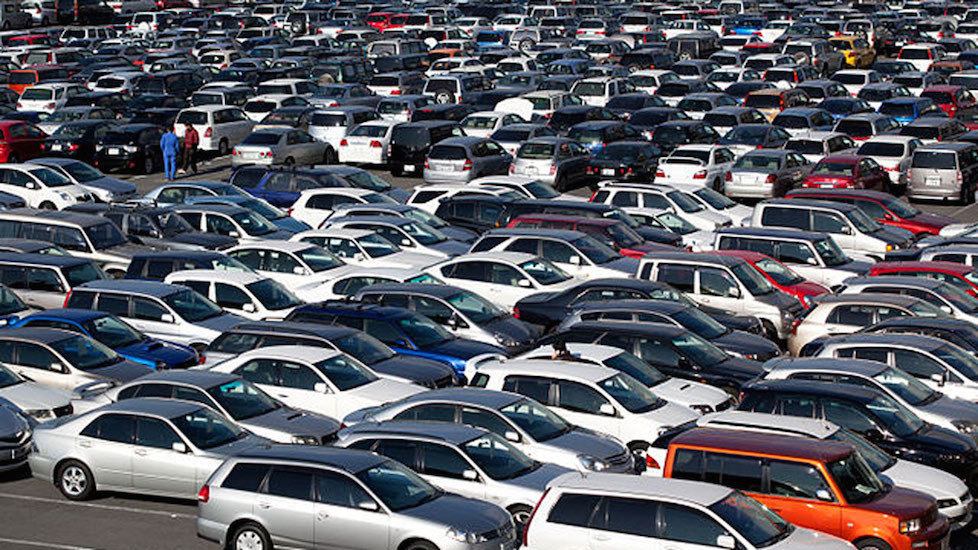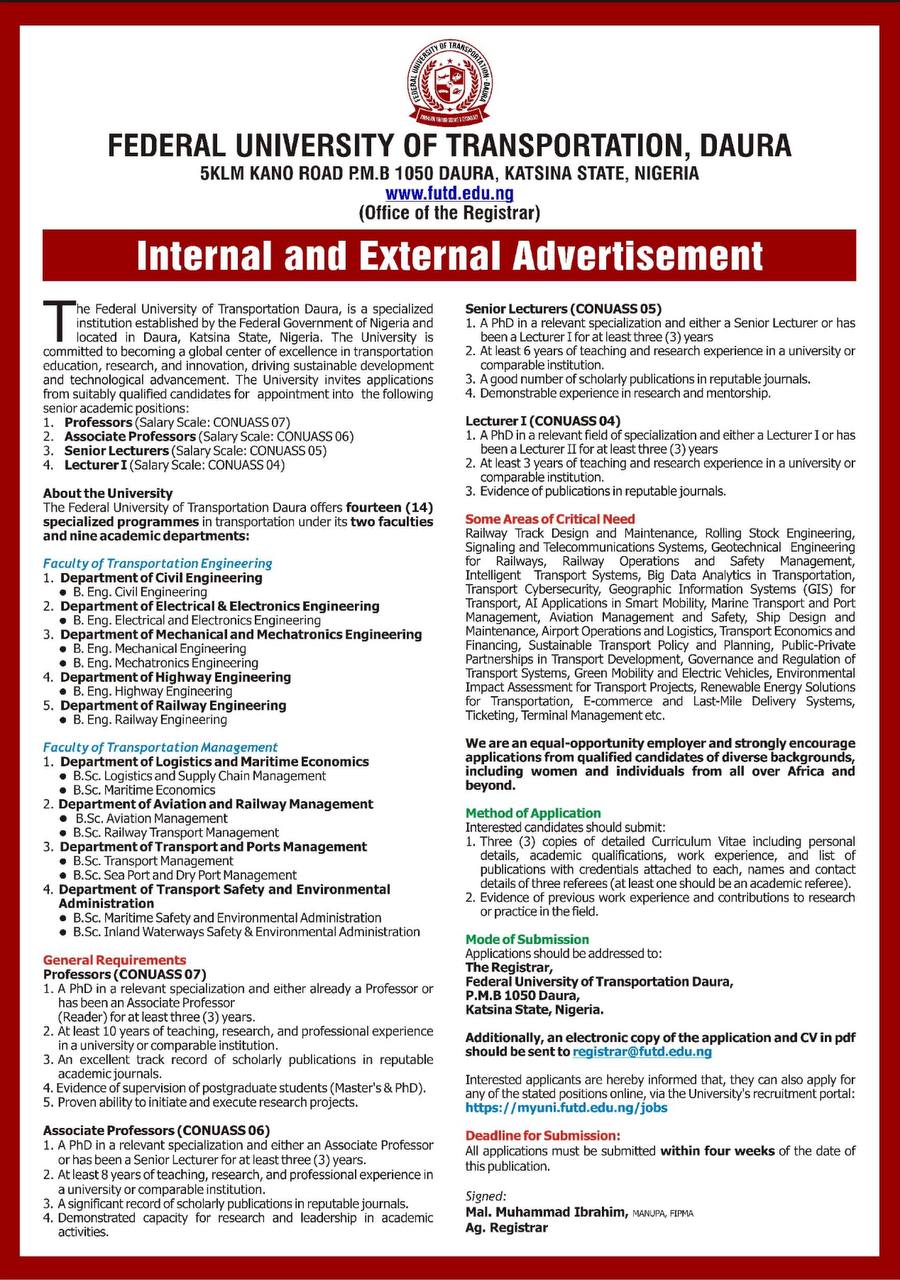The Nigeria Customs Service (NCS) has lamented the sharp drop in the number of vehicles imported into the country.
This was made known recently by the Tincan Island Customs Area Controller, Comptroller Dera Nnadi.
According to him, “Now, Customs has been handed to a Customs officer and we are struggling to generate revenue not because we are no longer competent but because of the affairs of global economy is affecting us.
“I will give an instance for Tincan has dropped. As at 2018 to 2021, vehicle throughput here was at the peak of 32,000 vehicles a year. It started dropping as from 2020, by 2022, it dropped as low as 6,000, now it is 4,000.
“It is a challenge for us, it is a challenge for your members that were groomed to become members of ANLCA through clearance of vehicles. Now, the opportunity to harness and harvest these young people is no longer there because the vehicles are no longer coming.”
In a related development, is has been revealed that Nigeria spends over $4b annually importing Vehicles into the country.
This figure was revealed by the Special Adviser to the President on Economic Affairs, Tope Fasua, on Tuesday.
Currently, Vehicles are imported into Nigeria from different parts of the world like Europe, Asia, United States etc.
Nonetheless, a majority of the vehicles imported into Nigeria are used Vehicles, though the figures of vehicles imports has dropped in recent times.
Fasua, a leading economist and chief executive officer of Global Analytics Consulting, spoke at an economic policy event organised by the Abuja Chamber of Commerce and Industry, with the theme, ‘Unification of foreign exchange and the effect of fuel subsidy removal on the business community’.
According to Fasua, “if you look at Nigeria’s import and export profile, over 20 items that we import in Nigeria are in the billions of dollar range. Our biggest import, of course, till today, except maybe Dangote kicks in, is fuel including petrol, diesel, etc, which takes about $25bn to $30bn every year.
“Then we have things like cars, which is about $4bn every year; sugar, about $1bn; fish, $1bn; milk, $1bn; wheat, $4bn; chemicals, $3bn; pharmaceuticals, $2bn; and I could continue to reel it down for you.”













